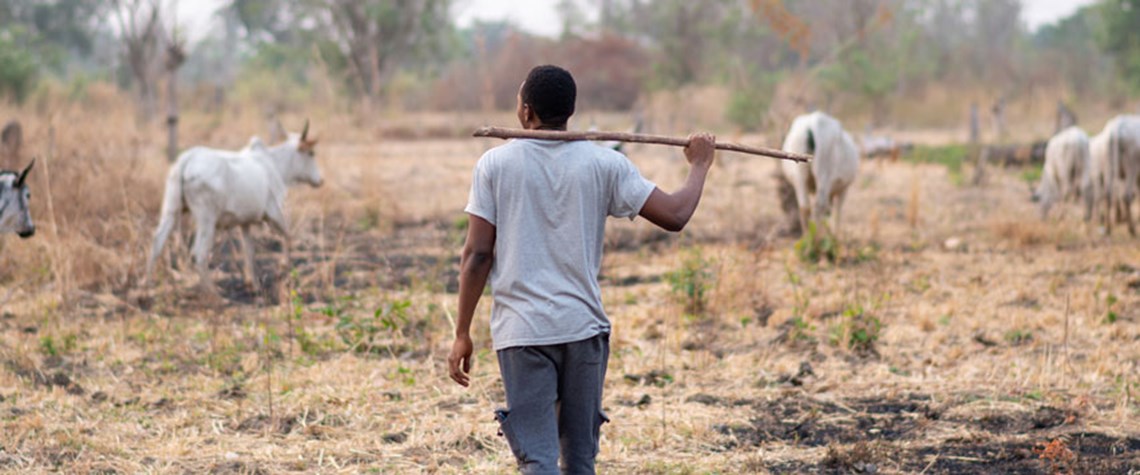Climate variation fuelling developing nation security risks
In a range of security and humanitarian contexts, changes to local conditions are multiplying risks and producing contagion effects
The absence of a globally coordinated response at the outset of the coronavirus outbreak represented an essential failure of international cooperation, according to UN secretary general Antonio Guterres in September 2020. Indeed, regional coordination was largely eschewed in favour of national or even local action. Understandably, respondents to the World Economic Forum’s Global Risks Perception Survey (GPRS) 2021, published in February, assessed “multilateralism collapse” as a critical long-term threat to stability. Over a near-term horizon, respondents emphasised their concern regarding “interstate relations fracture”, “interstate conflict” and “resource geo-politicisation”. They felt thes

Also in this section
22 July 2025
Sinopec hosts launch of global sharing platform as Beijing looks to draw on international investors and expertise
22 July 2025
Africa’s most populous nation puts cap-and-trade and voluntary markets at the centre of its emerging strategy to achieve net zero by 2060
17 July 2025
Oil and gas companies will face penalties if they fail to reach the EU’s binding CO₂ injection targets for 2030, but they could also risk building underused and unprofitable CCS infrastructure
9 July 2025
Latin American country plans a cap-and-trade system and supports the scale-up of CCS as it prepares to host COP30








